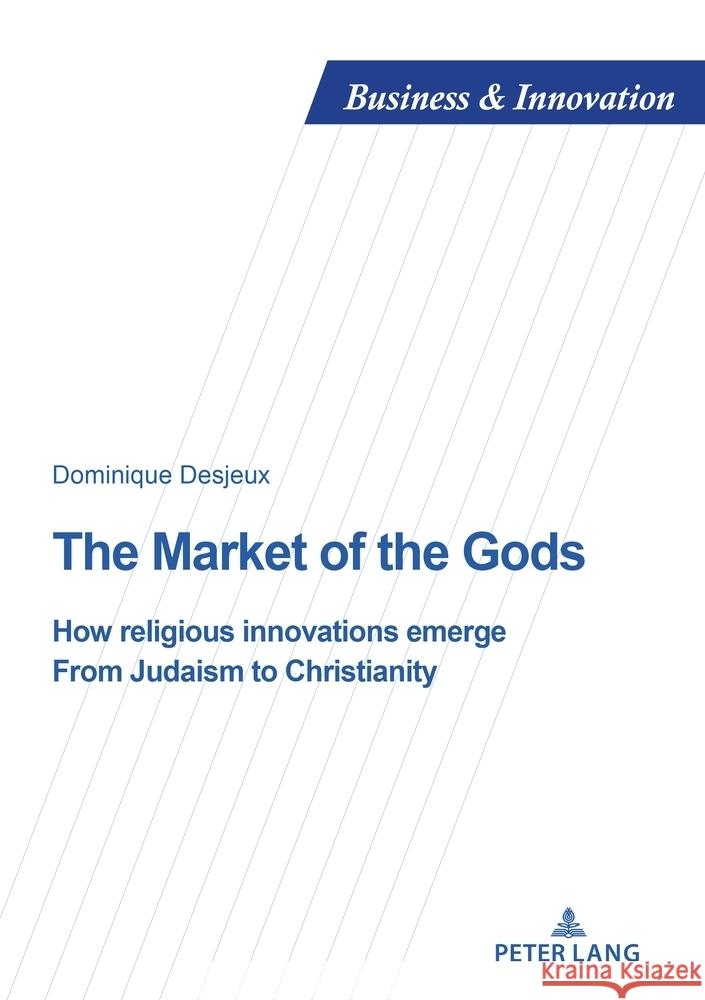The Market of the Gods » książka
The Market of the Gods
ISBN-13: 9783034350037 / Angielski / Miękka / 2024 / 170 str.
2,000 years ago, Judaism was becoming an attractive product in the market of Mediterranean
religions. Yet it was Christianity that won the day. Innovation anthropologist
Dominique Desjeux offers an unexpected solution to this oft-revisited enigma.
In the year 70, the Temple of Jerusalem was destroyed. The Jews were in danger of
disappearing, even though they represented nearly 8% of the empire's population. To
survive, the Jews had to make a strategic choice between several controversies: the
resurrection of the dead, proselytism, the application of circumcision and dietary
prohibitions.
One school of thought proposed refocusing on the purity of rules. This later gave rise
to Rabbinical Judaism. Another Jewish current favored globalization. It proposed a
religious product that was easier to disseminate. It did away with circumcision and
kashrut, included eternal life, which reassured against the uncertainties of the future,
and baptism, which simplified the rituals of purification. This current was excluded
from synagogues. A few centuries later, it gave rise to Christianity. Any resemblance
to today's innovations and crises is not accidental.
2,000 years ago, Judaism was becoming an attractive product in the market of Mediterranean
religions. Yet it was Christianity that won the day. Innovation anthropologist
Dominique Desjeux offers an unexpected solution to this oft-revisited enigma.
In the year 70, the Temple of Jerusalem was destroyed.











